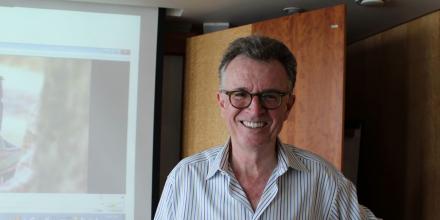Global inequality: are the world’s poorest being left behind?

Event details
Lecture
Date & time
Venue
Speaker
Contacts
Additional links
Traditional assessments of progress against poverty and inequality put no explicit weight on increasing the standard of living of the poorest i.e., raising the consumption floor. This public lecture showed that there has been remarkably little progress in raising the world’s consumption floor over the last 30 years. Neither economic growth nor greater coverage of social safety nets in the developing world has helped much in raising the floor. The poorest have seen very little progress. There has, however, been much progress in reducing the number of people living near the floor, and in reducing the numbers below international poverty lines. The presentation argued that the sharply rising gap between the top one per cent and the poorest is just one (albeit extreme) aspect of rising absolute inequality in the world. Modern economic growth has come with a rising absolute gap between the rich and the poor.
Dr Martin Ravallion holds the Edmond D Villani Chair of Economics at Georgetown University. Prior to joining Georgetown in December 2012 he was Director of the World Bank’s research department, the Development Research Group. He joined the Bank in 1988 and worked in almost all sectors and all regions over the following 24 years. Prior to joining the Bank, Martin was on the faculty of The Australian National University. He holds a PhD in economics from the London School of Economics (LSE), and has taught economics at LSE, Oxford University, The Australian National University and Princeton University.
This public lecture was presented by the Development Policy Centre at Crawford School of Public Policy, The Australian National University.
Updated: 1 September 2024/Responsible Officer: Crawford Engagement/Page Contact: CAP Web Team











